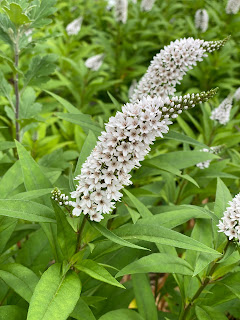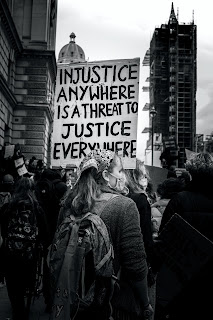Week 1 – Writing as writing, writing as loving, writing as work, writing as play

Okay, so today is my first “official” day back at work. I’m excited to be going back. I’ve been working on syllabi, talking with other faculty, and thinking a lot about what it will be like to teach during the next few weeks – some online, and some in person! While I often think of my job as primarily being “teaching,” my time over sabbatical also helped me to understand the role of writing in my job. My writing can inform my teaching, my writing is informed by my teaching, my writing is a way of thinking, and my writing is my art. I think I felt teaching – as in being in front of a class, developing and delivering curriculum, facilitating experiences – was my primary job because it is highly prized at Lesley. Lesley College began as a women’s college and as a kindergarten teacher’s training school. There is an interesting description of Edith Lesley Wolfard, the founder of Lesley U, in a book called A century of innovation: Lesley University. ...





